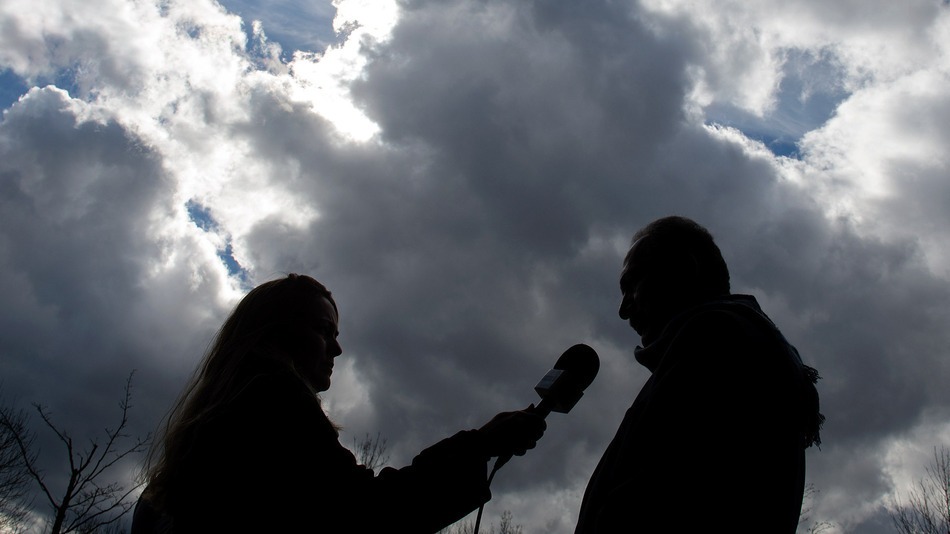
Incitement, slander and other forms of hate speech are present in the media, but mainly as the weapon of political powers. Opinions are divided on whether or not journalists are to blame for this situation.
According to professor from the Department of Journalism at the University of Banja Luka, Vesna Djurić it’s a major problem that incitement, slander, and discrimination are commonplace in public discourse.
She says that defamation and hate speech are unacceptable in the public arena, and journalists are partly to blame for the present situation.
“In order to get a ‘juicy story’, journalists fail to inform their interviewees that they cannot use such language and are, therefore, indirectly contributing to making such communication part of the established norm,” said Djurić.
Zlatiborka Popov Momčinović, a professor from the Faculty of Philosophy in Pale, is one of the leading researchers on a project that focuses on the presence of hate speech within media content. In her opinion, the problem is the fact that those using hate speech and other forms of inappropriate speech are primarily politicians.
“We are talking about messages of incitement and discrimination that are directed towards ethnic, sexual, and other minorities,” said Popov Momčinović.
She recalled the “Sejdić-Finci” ruling; an instance when politicians used extremely inappropriate language. “Especially in public discourse, the emphasis on different of different denial froms—denial of Bosnia-Herzegovina’s sovereignty and genocide denial—has become characteristic of the statements made by politicians during appearances,” she added.
For Popov Momčinović, the most important finding from the above-mentioned research is that, in most cases, journalists were not the ones using hate speech. “Although the media are subject to considerable criticism with regard to their adherence to professional standards, the fact that the journalists themselves do not use hate speech is encouraging and gives hope for positive change related to education and sensitivity surrounding this issue,.”
Bedrana Kaletović, a journalist from Tuzla, believes that direct hate speech has undergone a certain change of late.
“Now it is indirect, and often allegorical, descriptions and statements that interviewees clumsily use. The problem with their naivety becomes even more apparent when you realize that they have no awareness of the words they have spoken, or of the serious implications they can have. And what’s worse is that journalists don’t sanction this,” said Kaletović.
Jana Bjelica, an unemployed journalist from Eastern Sarajevo, agrees with Kaletović.
“They rarely really hate someone or wish evil on someone (at least I would like to believe that), but this type of speech is often used to gain political points or popularity from a portion of the public, and that is bad for everyone – especially for us, the young people,” said Bjelica.
Nataša Crkvenjaš, a journalism student from Eastern Sarajevo, said that at the university they are being taught how to properly and ethically approach a situation in which the interviewee uses hate speech, but the question remains – how to, for example, interrupt a high-ranking government official while he is using such speech.
Our interviewees conclude that hate speech can never be justified through freedom of speech, and that society must make it clear that hate speech will not be tolerated under any circumstances.






